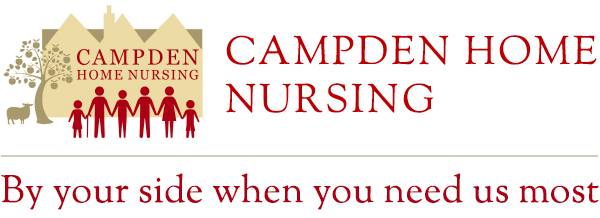Our experienced counsellor, Val Parsons, answers some questions you may have about grief and bereavement counselling.
Q: How can grief affect someone?
A: It is said that there are stages of grieving; shock, denial, anger, depression, acceptance. These stages have evolved over time and perhaps been misunderstood over the last thirty decades. They were never meant to tuck messy emotions Into neat packages. However, many people will feel all of these things – sometimes in that order but not necessarily. They are responses to loss that many people have, but there is no typical response to loss, as there is no typical loss. Our grief is as individual as our lives.
Q. How long will I grieve?
A: You never get over grief, you just tend to learn to live with it. Having counselling gives you the space and freedom to talk in a place that’s safe and free of judgement.
Q: How will talking about it help?
A. In our culture, we tend not to talk about grief or address the problems it causes on an emotional and physical level. In other cultures, they wail out loud or pound their chests for days. I believe strongly that grief needs to be expressed, not supressed, and doing so helps the healing process.
Q: How soon after bereavement should I consider having some counselling?
A. Everybody is different and there is no right or wrong time. Whenever you feel the need to talk to someone about your grief and how you’re feeling will be the right time for you. There is no need to rush into it, and on the other hand it’s never too late. Sometimes people don’t feel their grief until months or even years later. You may try it and feel that it isn’t the right time for you. But don’t dismiss it altogether, perhaps try again in a few months.
Q: I’ve had counselling before, and I didn’t get on with my counsellor
A: The relationship with your counsellor needs to include feelings of trust, confidentiality and respect. These should be nurtured in order that any productive conversations can commence.
There is no need to rush this process as timing is important. Sometimes, if that’s not right, that alone can impede progress. An initial meeting with the counsellor serves as a ‘test’ for Both parties, and if both agree further sessions can be discussed and agreed. if, in hindsight a client decides it was not for them that’s entirely acceptable. Again, this can be discussed openly, and again, as previously stated it may simply be a matter of timing.
Q: How much will it cost?
A: Counselling is free to those living within our geographical area (to check whether this applies, please click the map).
Q: How many sessions will it take?
Some people will only have one or two sessions, but others will want or need more. We will cover a maximum of six sessions (for adults) and 12 (for children) and then your case will be reviewed.
Our counselling is held in a private room in our offices tucked off the high street and the sessions are completely confidential between the client and counsellor. Please don’t hesitate to contact us on: 01386 840505 if you have any further questions.

